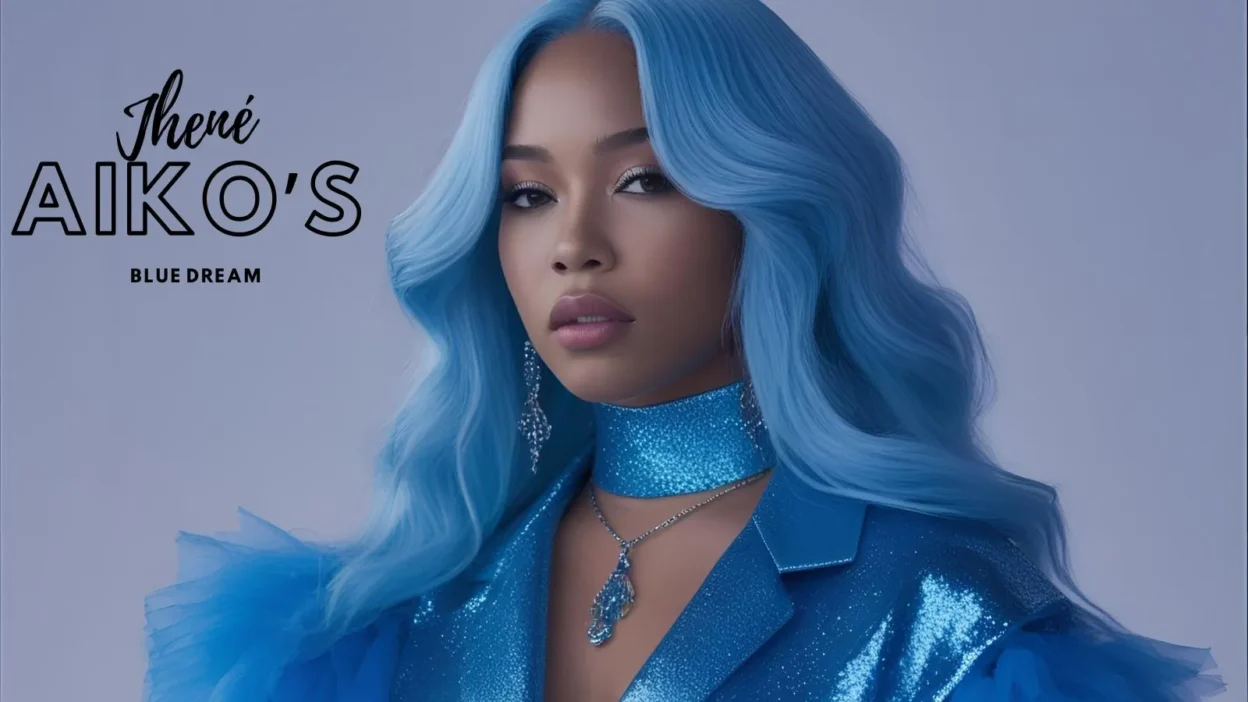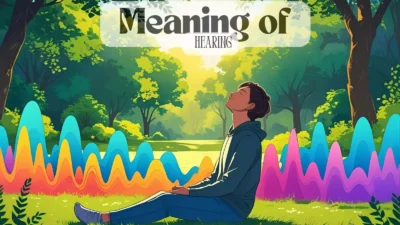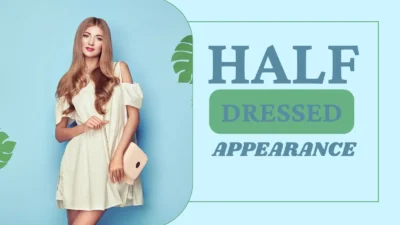If you’re a fan of Jhené Aiko or just love diving into the meaning behind soulful music, you’re in the right place!
In this article, we explore the essence and inspiration behind Blue Dream, one of her most calming and heartfelt tracks.
Plus, we’re bringing you the latest and updated Blue Dream-inspired puns for 2025 — fresh, fun, and perfect for captions,
conversations, or just a good laugh!
Blue dream lyrics
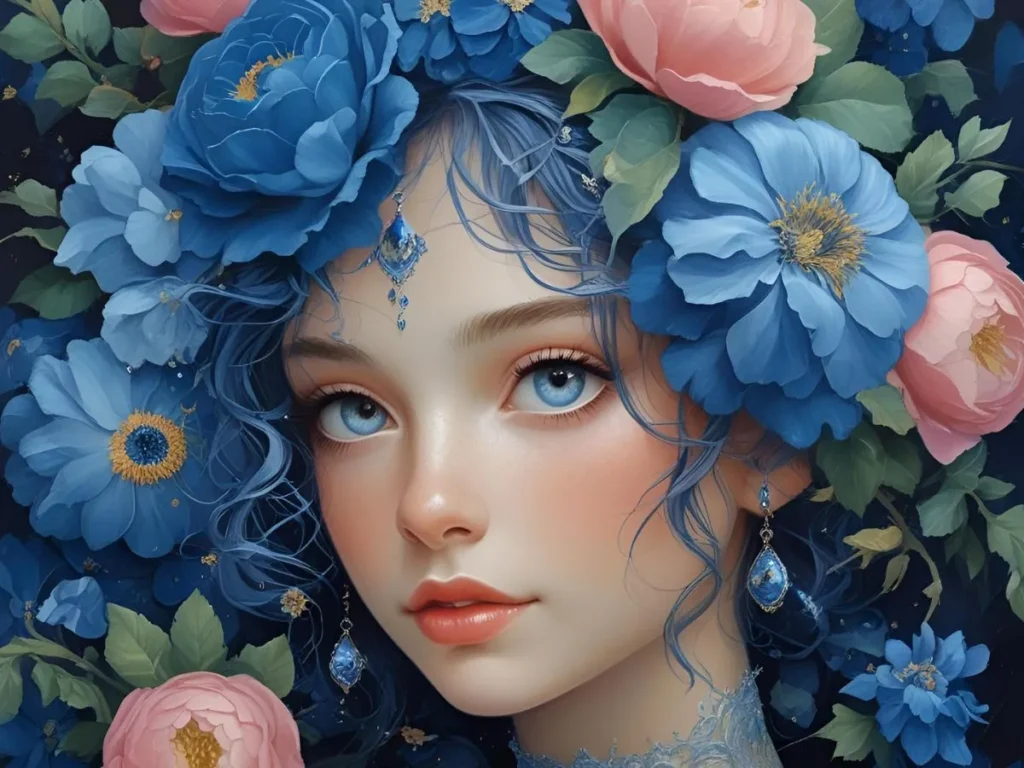
The soft, celestial tones of Jhené Aiko’s “Blue Dream” wrap listeners in a sonic haze, immersing them in what feels like a lullaby for the soul.
The lyrics speak of longing, surrender, love, and healing. With lines like:
“We were coastin’ on the coastline / With the sun on my hair / You kept me warm, you kept me warm”
and
“You’re the prince of my dreams / Never thought I’d find that love”
“Blue Dream” evokes both serenity and emotional depth.
The song floats between this world and another, hinting at past lives, soul connections, and dreams that extend beyond sleep.
Dreams are never just dreams in Aiko’s universe. They’re sacred messages.
Read Also: Wolf Dream Meaning 🐺✨:Symbolism and Interpretation in 2025
Blue dream lyrics dance gavin dance meaning
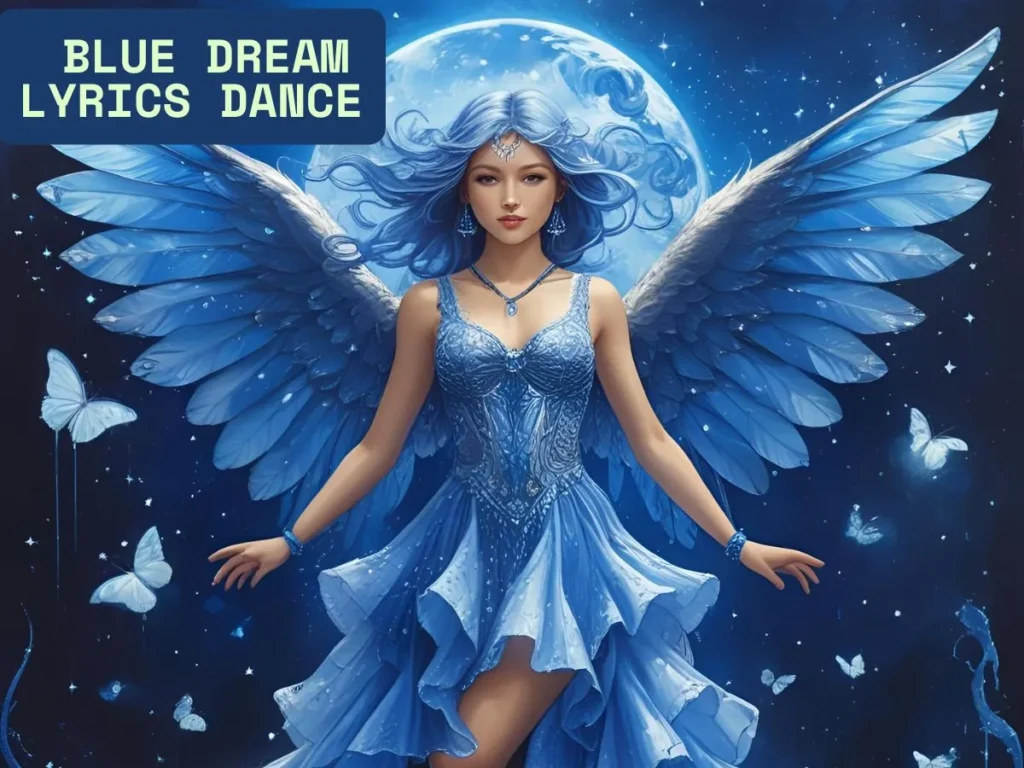
Interestingly, Dance Gavin Dance also has a song titled “Blue Dream,” but it delivers a completely different vibe.
Their version is chaotic, expressive, and layered with metaphor.
It’s a clash of inner battles, angst, and transformation.
Though different in genre and tone, both versions highlight the subconscious mind at work—just expressed through unique emotional landscapes.
Jhené Aiko’s “Blue Dream” reflects a dreamscape of peace, divine love, and gentle revelation.
Dance Gavin Dance’s take paints a picture of internal struggle, addiction, and finding meaning in confusion. Both serve as windows into the psyche.
Listen to jhene aiko blue dream
When you listen to Jhené Aiko’s “Blue Dream,” close your eyes and let the gentle rhythm guide you inward.
Her ethereal vocals and poetic lyrics can invoke imagery of the ocean, floating, or even astral travel.
This song, like many of her others, can become a meditative experience—a sacred moment of reflection.
Many fans report listening to “Blue Dream” while falling asleep or during emotional transitions.
It’s often described as a healing sound bath. Listening isn’t just about hearing—it’s about feeling.
Her voice acts like a balm for emotional wounds.
Read Also: Alligator Dream Meaning: Common Scenarios and Interpretations
Blue dream meaning
So what does “Blue Dream” truly mean? Spiritually and emotionally, the color blue symbolizes peace, intuition, communication, and divine connection.
Dreams about blue or being enveloped in blue light often indicate a spiritual awakening, emotional clarity, or a message from the Higher Self.
In dreams, the concept of “Blue Dream” may point to:
- Deep emotional healing
- Reconnecting with one’s intuition
- Receiving a message from a past lover or spiritual guide
- Embracing a tranquil phase in life
When combined with Jhené Aiko’s lyrics, the meaning expands.
It becomes a dreamscape where love is eternal, souls are intertwined, and emotional truths are revealed.
It’s not just about romantic love but universal love—the kind that transcends time.
Jhené aiko – eternal sunshine meaning
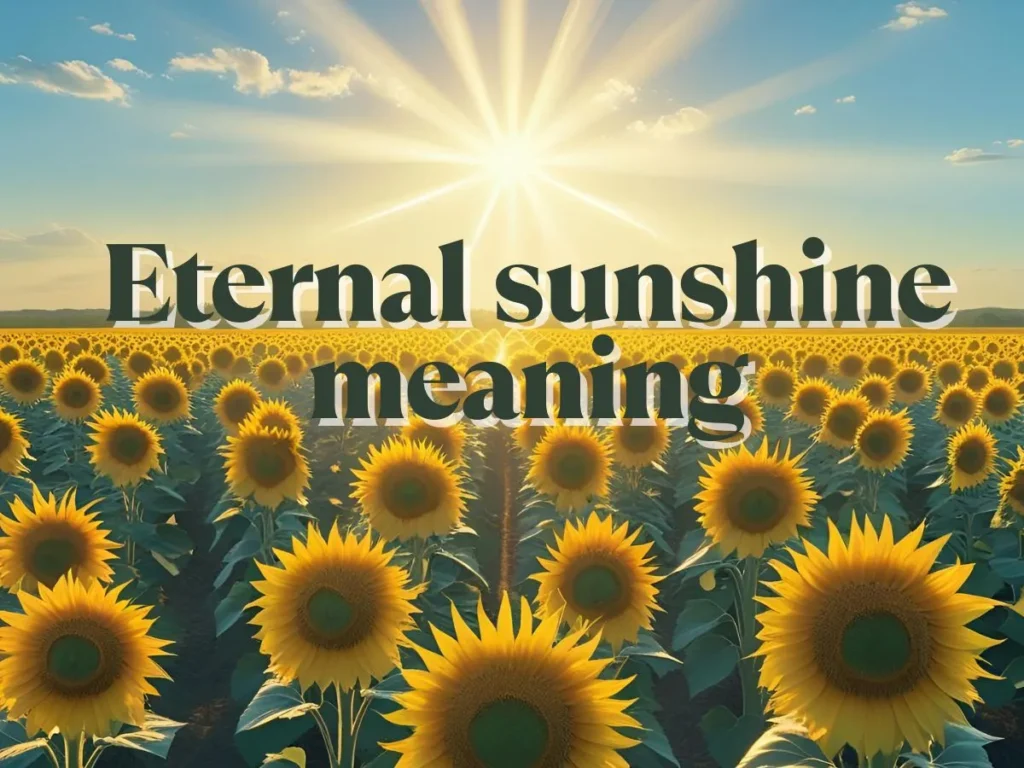
“Eternal Sunshine” is another poetic and emotionally charged song by Aiko. Inspired by the sudden death of her brother, this song is a prayer of acceptance.
It explores gratitude, spiritual growth, and the importance of cherishing each moment. The lyrics:
“Is it strange for me to say that / If I were to die today / There’s not a thing that I would change / I’ve lived well, maybe I have made mistakes”
This ties into “Blue Dream” through its emphasis on peace, closure, and the transcendence of love and loss.
Both songs explore the dreamlike nature of existence and how memories, both joyful and painful, shape our journey.
Read Also: Sex Dream Meaning: Understanding Your Intimate Dreams
Spotless mind jhené aiko meaning
In “Spotless Mind,” Aiko sings of detachment and the transient nature of relationships.
The title nods to the film “Eternal Sunshine of the Spotless Mind,” which deals with memory erasure after a breakup.
The lyrics suggest a spiritual evolution:
“I’m a wanderer / Baby, I’m a wanderer”
This song represents the emotional nomad—a soul seeking self-understanding through love and experience.
It resonates with dreams where one is lost, searching, or shedding old layers of identity.
Blue Dream” feels like the spiritual counterpoint: whereas “Spotless Mind” is about journeying alone,
“Blue Dream” is about finding home within another—or within the Self.
Jhené aiko song meanings
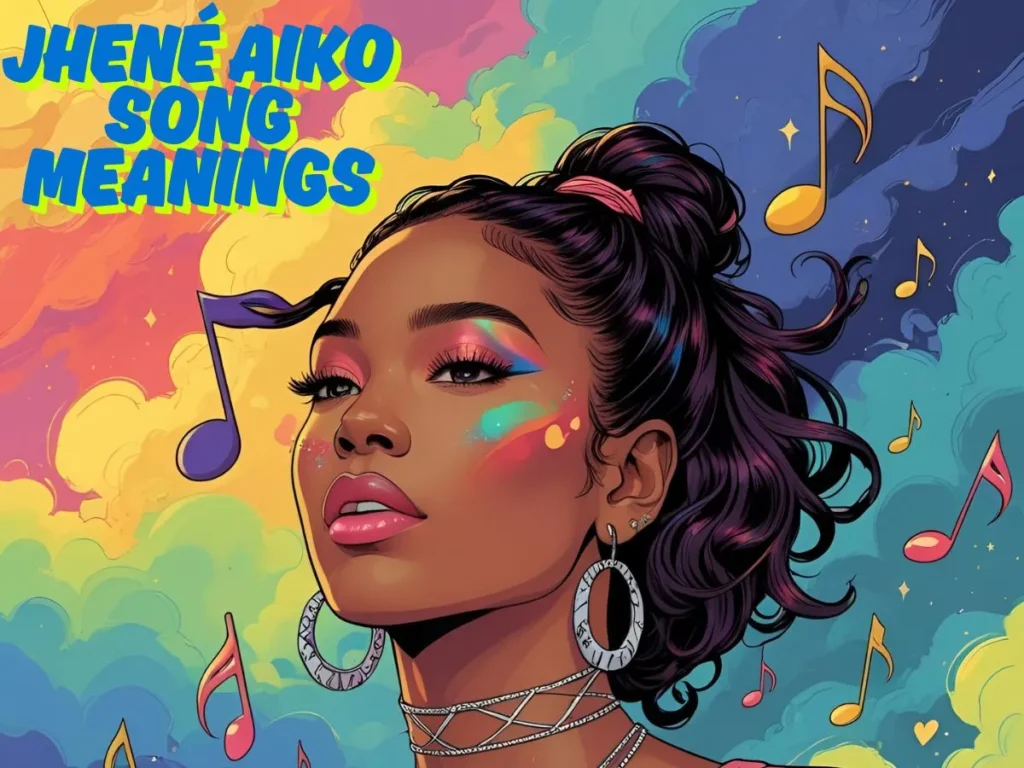
Aiko’s discography is rich with spiritual undertones, emotional honesty, and dream symbolism. Themes include:
- Healing from grief (“Eternal Sunshine”)
- Self-exploration (“Spotless Mind”)
- Soul connections (“Blue Dream”)
- Inner strength (“Triggered”)
- Transcendence and rebirth (“Souled Out”)
Her songs often act as modern-day mantras, guiding listeners through pain and into presence.
Each track can be seen as a different phase of spiritual awakening.
Read Also: Spiritual Meaning of Having Sex in the Dream With Your Ex
Remember jhené aiko
“Spotless Mind” may be about detachment, but “Remember” is about honoring love that lingers, even beyond the veil.
In “Remember,” Aiko speaks to a lost loved one, and the lyrics are poignant:
“I will always remember you / And I’ll carry the things that remind me of you”
This echoes in the dream state. Dreams often connect us with those we’ve lost, sometimes offering closure.
A song like “Remember” complements the vibe of “Blue Dream,” which might also be interpreted as a visit from a soulmate or spiritual guide.
Jhené aiko blue dream lyrics
Let’s return to the core message of “Blue Dream.”
“You’re the prince of my dreams / Never thought I’d find that love / That’s so sublime.”
Here, the dream isn’t just fantasy.
It’s an emotional truth. In dream interpretation, meeting someone in a dream—especially a loving, ethereal figure—often symbolizes the integration of the divine masculine or an awakening of the heart chakra.
Dreams like these are invitations to explore deeper aspects of love, not just with others but within ourselves.
The love she describes is healing, affirming, and vibrational.
Jhené aiko songs

Jhené Aiko’s songs are dreamscapes in themselves.
They serve as guides to understanding emotions, letting go, healing from trauma, and embracing spiritual growth.
Whether through loss, love, or liberation, her music always circles back to one theme: awakening.
Her signature themes include:
- Astral love
- Divine feminine energy
- Grief as a portal
- Meditation and mindfulness
- Karma and past lives
In many ways, her music is modern spiritual scripture set to R&B.
Read Also: Spiritual and Emotional Interpretations of Pregnancy Dreams
Dream symbolism from psychology + spiritual side
From a psychological lens, dreaming of blue, or having a “blue dream,” connects to the throat chakra (Vishuddha), which governs communication and truth.
Carl Jung often emphasized color in dreams as deeply tied to the unconscious.
Blue often appears when someone is experiencing calm, creativity, or yearning for clarity.
Spiritually, blue dreams can be:
- Visitations from spirit guides
- Messages from the soul
- Encounters with twin flames
- Signs of soul healing
The water imagery often linked to blue dreams also reflects the emotional body, signifying depth, flow, and subconscious cleansing.
Cultural dream interpretations
In various cultures, blue in dreams carries spiritual weight:
- Native American: Blue symbolizes the sky, peace, and spiritual protection.
- Chinese culture: Blue often represents immortality and depth.
- Hindu tradition: Deities like Krishna are blue—symbolizing divine love and transcendence.
Dreams of a loving figure, such as in “Blue Dream,” would be seen in many cultures as sacred encounters, either with ancestors or divine beings.
Read Also: Spiritual Meaning of Having Sex in the Dream with a Stranger
Connection to chakras or emotional blockages
Blue corresponds to the throat chakra, the energy center for truth, expression, and spiritual communication.
If you’re dreaming in blue or connecting deeply with “Blue Dream,” consider:
- Are you withholding your truth?
- Is there something you need to express emotionally?
- Are you receiving intuitive messages you’re afraid to acknowledge?
Blockages in this chakra may result in sore throats, fear of speaking, or difficulty making decisions. Listening to songs like “Blue Dream” can actually be therapeutic, as sound vibrations help realign blocked chakras.
Real-life examples of this dream experience
Many listeners share dreamlike experiences after listening to “Blue Dream.”
- One woman said she dreamt of reuniting with her deceased partner after falling asleep to it.
- A young man recalled seeing a blue ocean in a lucid dream, feeling guided to forgive someone from his past.
- Another listener shared she kept seeing a blue orb in her dreams, and upon waking, she felt lighter, more emotionally free.
These stories all reflect common themes: emotional release, spiritual visitation, and clarity.
FAQs
1. What does it mean to dream of the color blue repeatedly?
It often symbolizes calm, clarity, or a call to connect with your intuition. Spiritually, it may mean healing energy is at work.
2. Can listening to Jhené Aiko before bed influence dreams?
Yes. Her music is vibrational and meditative, often triggering subconscious messages and emotional healing in dream states.
3. Is dreaming of a lover in a “blue dream” symbolic of a twin flame?
It can be. Many believe that dreams of profound love under serene conditions reflect soulmates or twin flame unions.
4. What chakra should I focus on after a blue dream?
The throat chakra. Journaling, singing, or expressing your emotions can help open it.
5. Can dreams like “Blue Dream” help in real life healing?
Absolutely. These dreams often provide insights, comfort, and closure that guide conscious healing.
Closing:
If you’ve been dreaming in blue, or find yourself pulled toward Jhené Aiko’s “Blue Dream,” trust that your soul is speaking.
These messages aren’t random. They are sacred.
Whether it’s love, grief, or peace that arises, your dream is a mirror.
Let the music guide you, let the lyrics soothe you, and let the dream reveal you.
Take time to reflect, journal, or meditate on what surfaced.
And always remember: the dream world isn’t separate from real life.
It’s the soul’s language.
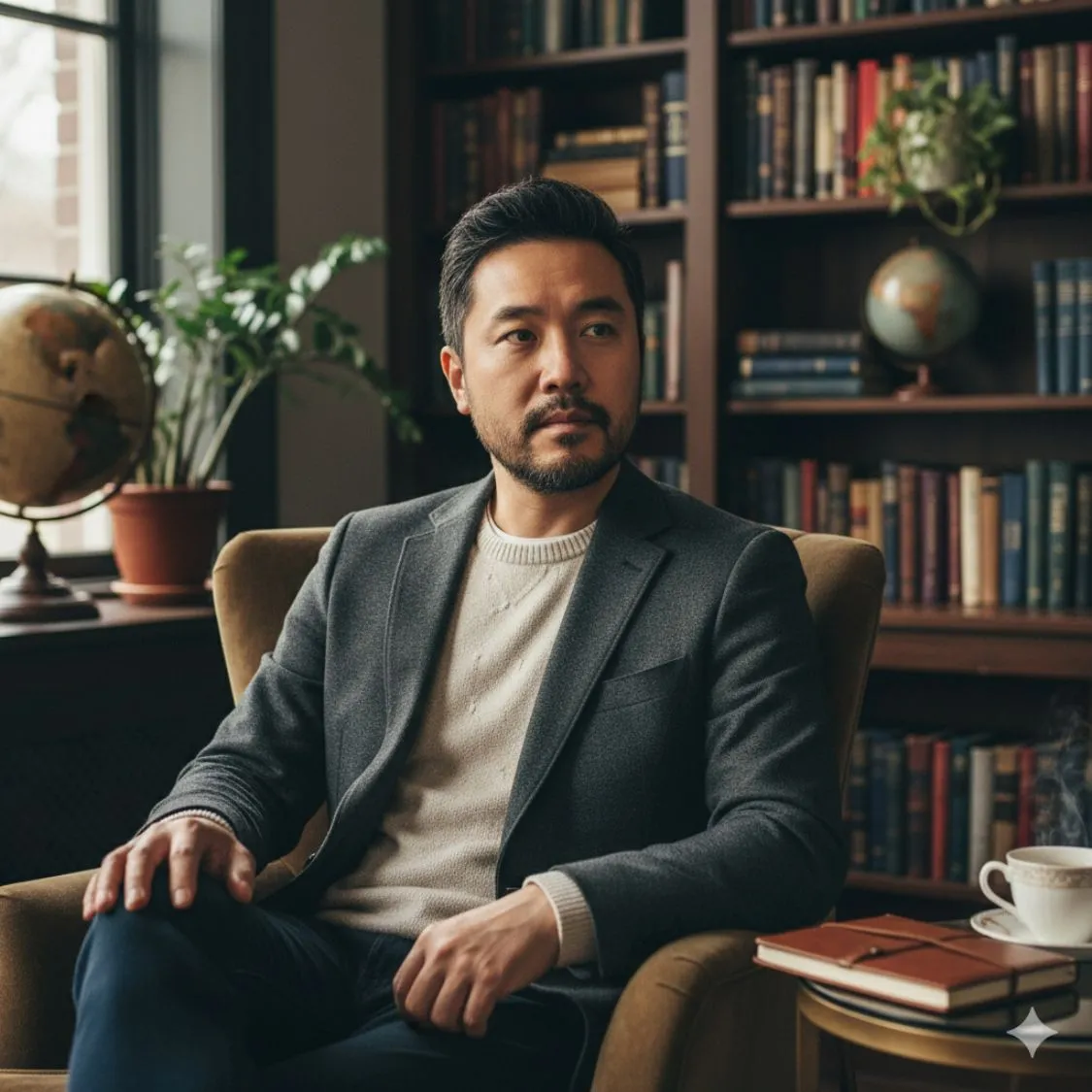
Ta-Nehisi Coates is a celebrated American author and journalist, renowned for his deep insights into culture, history, and the human experience. At Dreammaening.com, he brings his thoughtful perspective to the world of dreams, symbolism, and spiritual meaning, helping readers uncover the deeper messages behind their nighttime visions. With a distinctive voice that blends storytelling, research, and reflection, Coates guides readers on a journey of self-discovery and understanding, making complex ideas accessible and engaging for everyone.

